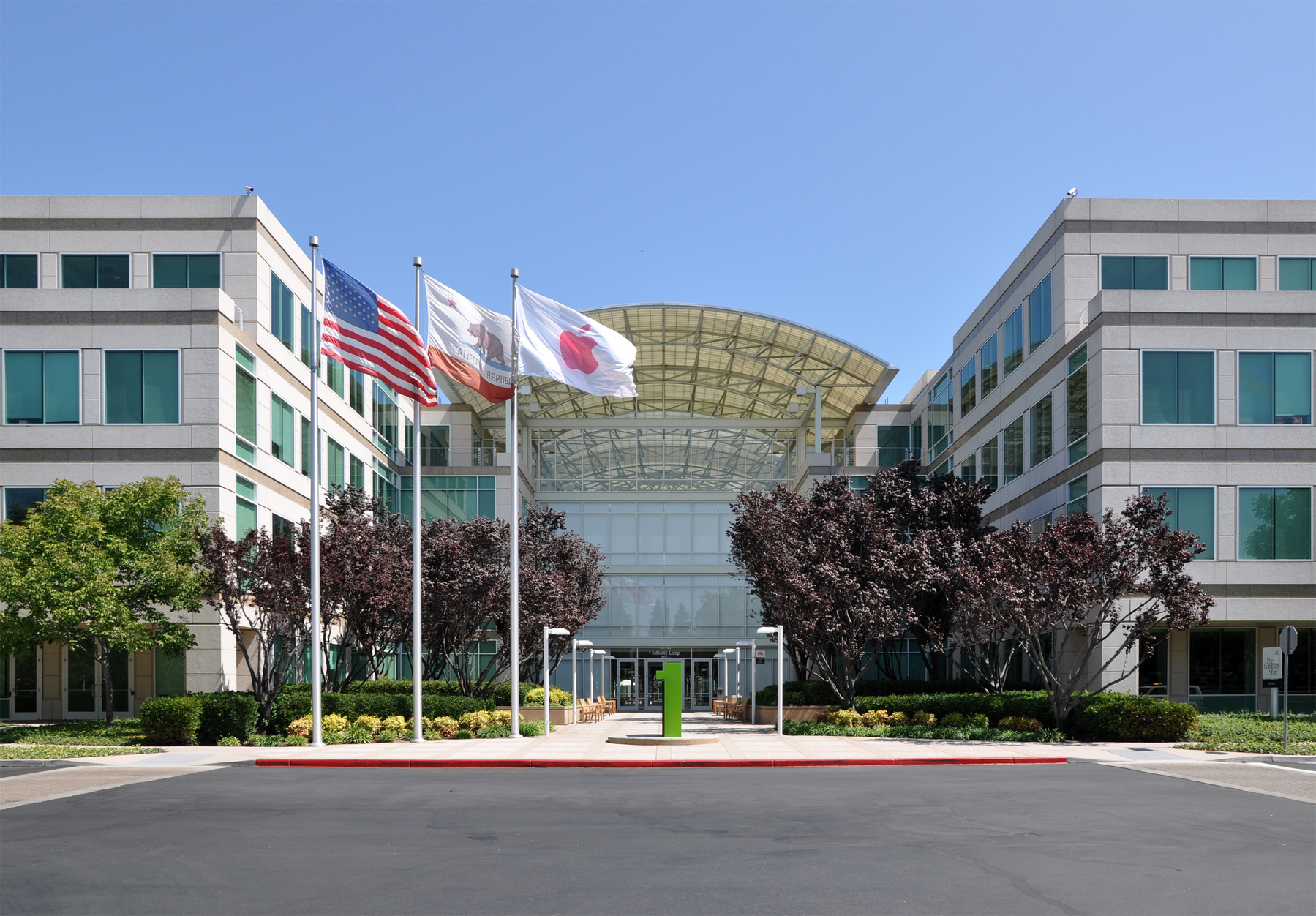Can the FTC ban digital goods?
Can the FTC ban digital goods?
Brent Kendall, writing at The Wall Street Journal:
The current case is about patents, but the ITC also can take action against goods that infringe copyrights, an issue important to Hollywood and other rights holders. They are eyeing the ITC as a new venue for combating foreign websites that trade in pirated digital material and the ability of U.S. consumers to access them.
If the court hearing this case on August 11th upholds the FTC’s decision to exercise its import ban authority in the digital realm the ramifications will be far-reaching and almost immediate. Music and movies, 3D printing, and perhaps even digitally transmitted and executed software code would be among the items open to FTC authority. The Federal Trade Commission has very little expertise in the digital space, so making the arbiters of what digital imports are okay and which are not may not be an intelligent approach.
Do we need a Digital Transmission Commission? If the FTC is to get digital ban authority it will need strong oversight.
Photo by Uberpenguin at Wikipedia

